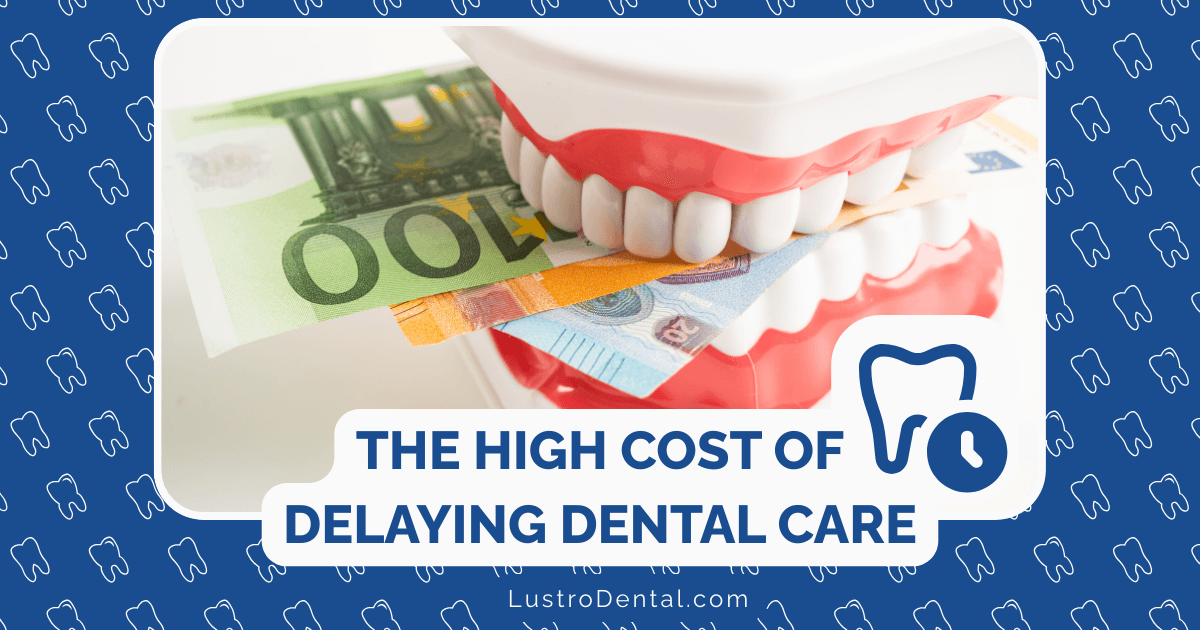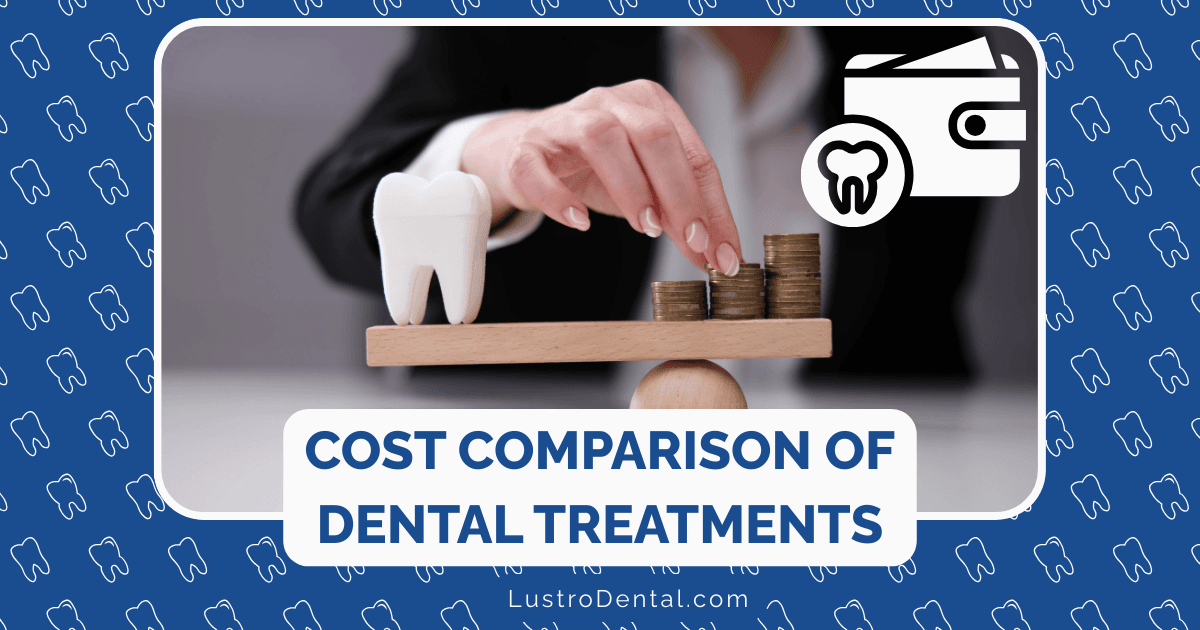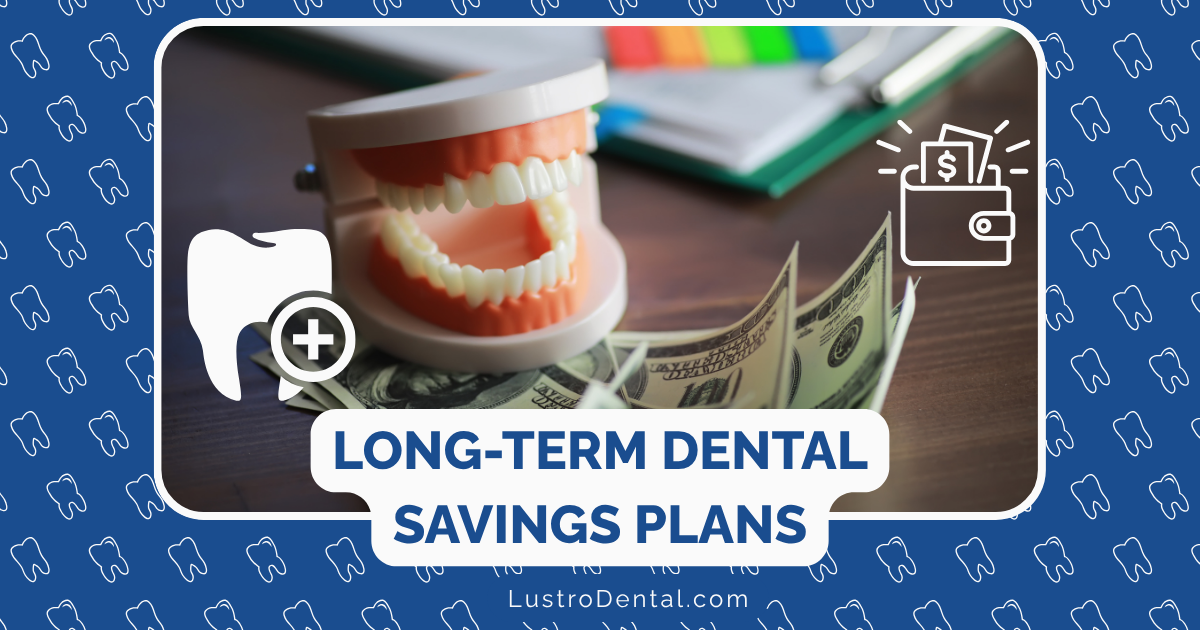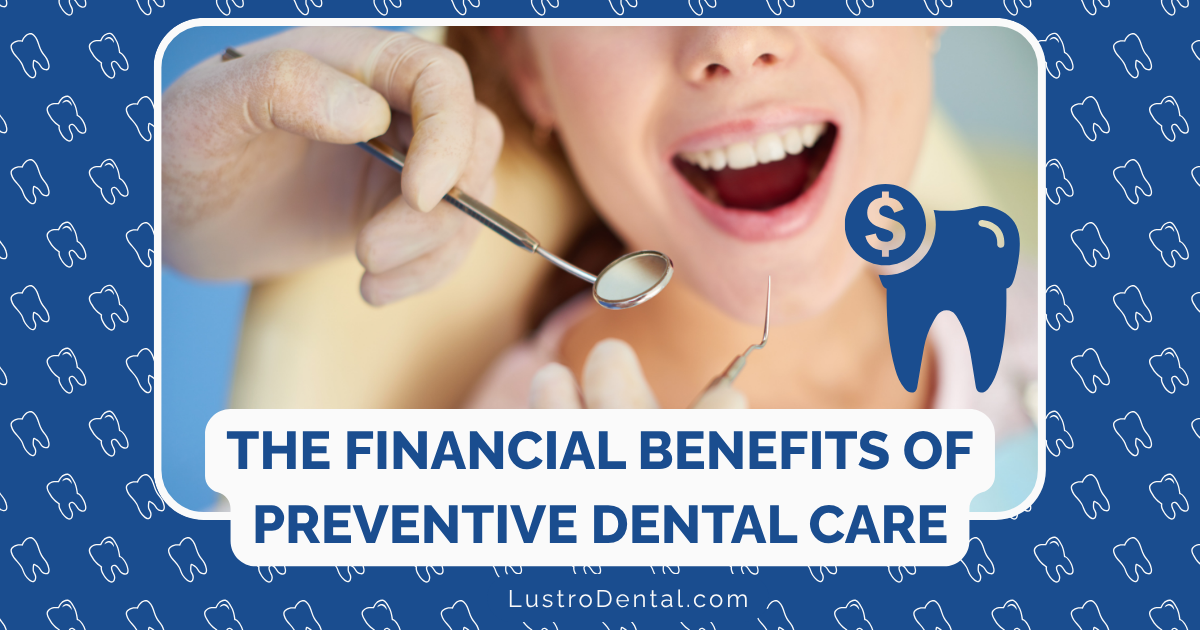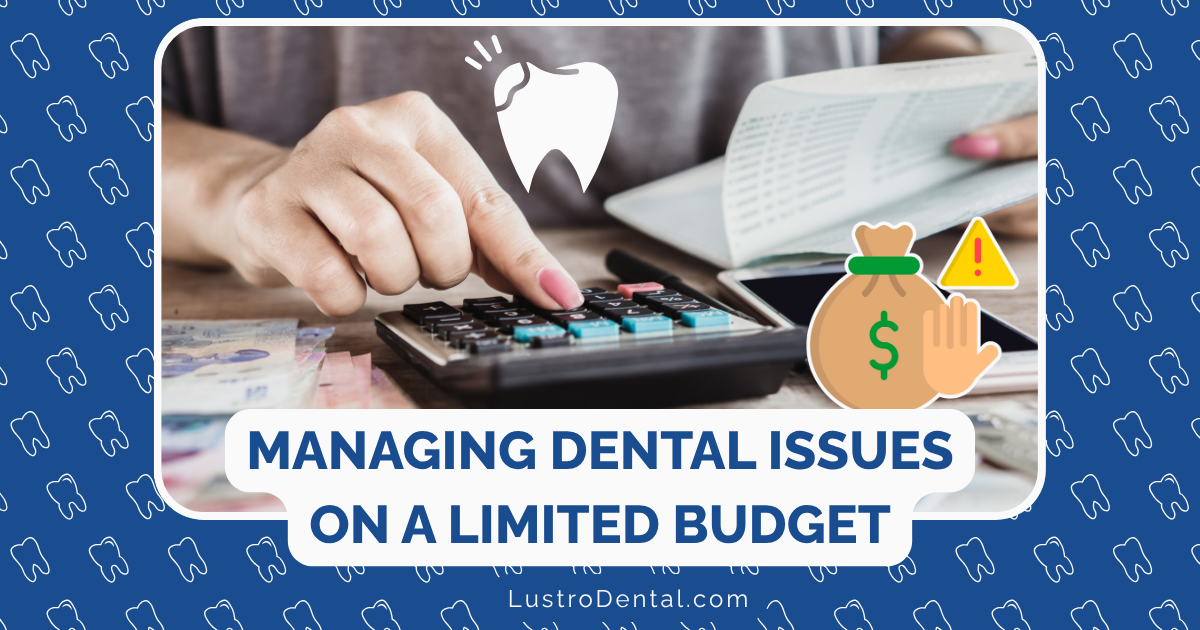Negotiating Dental Fees: Is It Possible and How to Approach It
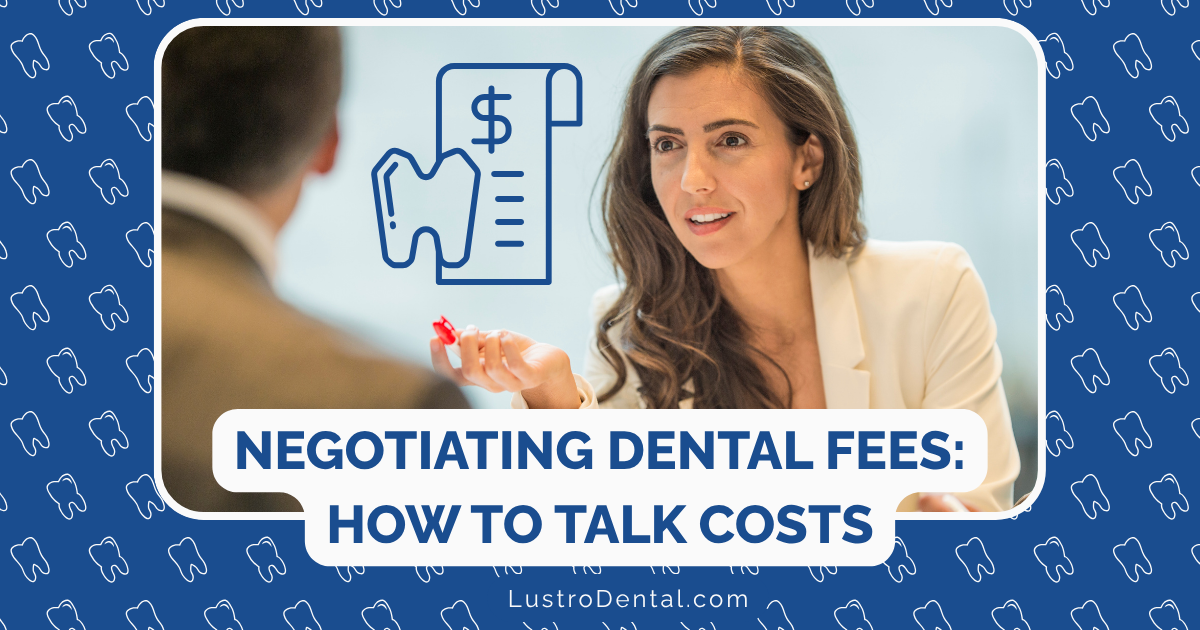
That treatment plan your dentist just handed you feels more like a mortgage application than a path to better oral health. $1,200 for a crown? $3,500 for a root canal and restoration? $6,000 for implant? These numbers can make anyone’s jaw drop—and not in a way that helps your dentist examine your molars.
What many patients don’t realize is that dental fees aren’t always set in stone. According to the American Dental Association, dental costs have risen faster than inflation for years, putting necessary care out of reach for many Americans. But here’s the secret the dental industry doesn’t advertise: negotiation is possible, and sometimes even expected.
Let’s break down the reality of negotiating dental fees and provide actionable strategies that actually work.
Can You Really Negotiate Dental Fees?
The short answer: Yes.
The more nuanced answer: It depends on the practice, the procedure, and how you approach the conversation.
Dental offices are businesses, and like most businesses, they have some flexibility in their pricing. According to a survey by Consumer Reports, 64% of patients who attempted to negotiate medical bills (including dental) were successful in reducing their costs.
Here’s why negotiation is possible:
- Dental practices have overhead but also profit margins. The average dental practice has a 40-60% overhead, meaning there’s some room for fee adjustment while still covering costs.
- Empty chair time costs money. Dentists would rather perform a procedure at a slightly reduced fee than have no patient at all.
- Cash payments eliminate administrative costs. Insurance processing, billing, and collections add significant expenses that cash payments avoid.
- Competition is real. Most areas have multiple dental providers competing for patients.
Before You Negotiate: Do Your Homework
Walking into a negotiation unprepared is like going to a dental appointment without brushing first—you’re not setting yourself up for success.
1. Research Fair Prices
Knowledge is leverage. Before discussing fees, research what constitutes reasonable pricing in your area:
- Use FAIR Health Consumer to look up typical fees for dental procedures in your zip code
- Call other dental offices for price quotes on specific procedures
- Check with your insurance provider about their “usual, customary, and reasonable” (UCR) fee schedule
2. Understand the Procedure
Being informed about what the procedure entails helps you negotiate more effectively:
- Ask detailed questions about why the procedure is necessary
- Understand the alternatives and their costs
- Know the components of the treatment (lab work, materials, follow-up visits)
3. Assess Your Bargaining Position
Different situations create different leverage points:
- Are you a new patient or an established one?
- Is this an emergency or elective procedure?
- Do you have insurance or are you paying out-of-pocket?
- Is this a high-demand practice with a waiting list or are they actively seeking new patients?
Effective Negotiation Strategies
Now for the practical part—how to actually approach the conversation without damaging your relationship with your dentist.
1. Speak with the Right Person
Who to talk to: In most practices, the office manager or financial coordinator handles financial discussions, not the dentist.
Why it matters: These staff members typically have more authority to adjust fees than front desk personnel and can present options the dentist has pre-approved.
How to approach it: “I’d like to discuss some financial concerns about my treatment plan. Could I speak with your office manager or financial coordinator?”
2. Timing Is Everything
Best timing: Schedule a specific time to discuss finances, not during a clinical appointment or when the office is busy.
Why it matters: Financial discussions require focused attention and privacy.
How to approach it: “I understand my treatment options, but I’d like to schedule a few minutes to discuss the financial aspects before proceeding. When would be a good time for that conversation?”
3. Cash Discount Strategy
The approach: Offer to pay the full amount upfront in cash in exchange for a discount.
Why it works: Cash payments eliminate credit card processing fees (2-3%), insurance billing costs, and accounts receivable management.
How to phrase it: “I’m prepared to pay for this treatment in full today with cash. Would you be able to offer a discount for immediate payment?”
Typical results: 5-15% discounts are common for cash payments.
4. Bundle Procedures for Better Rates
The approach: If you need multiple procedures, negotiate a package deal.
Why it works: Bundling ensures the practice gets more of your business and reduces their per-procedure administrative costs.
How to phrase it: “I see I need several procedures done. If I commit to completing all of this work with your practice, could we discuss a reduced rate for the total treatment plan?”
Typical results: 10-20% off the total when bundling significant work.
5. Payment Plan Without Interest
The approach: Instead of asking for a lower fee, request an interest-free payment plan.
Why it works: The practice gets their full fee while you get manageable payments without additional financing costs.
How to phrase it: “I want to proceed with this treatment, but paying the entire amount at once would be difficult. Would you consider an interest-free payment plan over [3-6] months?”
Typical results: Many practices will agree to 3-6 month payment plans without interest, especially for established patients.
6. Comparison Shopping Leverage
The approach: Share quotes from other providers (respectfully).
Why it works: It demonstrates you’re a serious patient who has done research, not someone making arbitrary demands.
How to phrase it: “I’ve been quoted $X for this procedure at another office. I’d prefer to have the work done here because [genuine reason]. Would you be able to match or come closer to this rate?”
Typical results: Practices may not match exactly but often will make some adjustment to retain patients.
7. Hardship Discount
The approach: If you’re facing genuine financial difficulties, be honest about your situation.
Why it works: Many dentists entered the profession to help people and have some flexibility for patients in need.
How to phrase it: “I’m currently facing some financial challenges due to [brief explanation]. I want to take care of my dental health, but the current fees are beyond my means. Is there any assistance or reduced fee program available?”
Typical results: Varies widely, but discounts of 10-30% are possible in genuine hardship cases.
What Not to Do When Negotiating
Certain approaches will hurt rather than help your cause:
1. Don’t Question the Dentist’s Expertise
Challenging clinical recommendations or suggesting the work isn’t necessary will create defensiveness, not cooperation.
2. Avoid Aggressive or Entitled Language
Phrases like “That’s ridiculous” or “You have to work with me” create adversarial dynamics.
3. Don’t Threaten to Post Negative Reviews
Using review threats as leverage is considered unethical and will damage your relationship with the practice.
4. Don’t Misrepresent Your Financial Situation
Claiming hardship when there is none is dishonest and may become apparent over time.
Alternative Options to Consider
If negotiation doesn’t yield the savings you need, consider these alternatives:
Dental Schools
Potential savings: 50-70% off standard fees Trade-off: Longer appointments, student providers (supervised by experienced faculty) Best for: Non-emergency, routine procedures
Dental Savings Plans
Potential savings: 10-60% off standard fees Trade-off: Annual membership fee ($100-200) Best for: Patients needing multiple procedures who lack insurance
Community Health Centers
Potential savings: Sliding scale fees based on income Trade-off: Possible waiting lists, limited locations Best for: Low-income patients needing essential care
Phased Treatment
Approach: Break treatment into stages based on urgency Benefit: Spreads costs over time and may allow for better financial planning Best for: Comprehensive treatment plans with non-urgent components
Real-World Examples: Negotiation Success Stories
Case 1: The Cash Discount
Scenario: Sarah needed a crown with a quoted fee of $1,200. Negotiation approach: Offered to pay cash upfront and asked for a discount. Result: 15% discount, saving $180.
Case 2: The Treatment Bundle
Scenario: Michael needed two implants quoted at $5,000 each. Negotiation approach: Committed to having both done at the same practice and requested a bundle discount. Result: 20% off the second implant, saving $1,000.
Case 3: The Hardship Arrangement
Scenario: Elena needed extensive periodontal work after losing her job and insurance. Negotiation approach: Explained her situation honestly and asked about hardship options. Result: 30% fee reduction plus an interest-free payment plan.
When to Consider Financing Instead of Negotiating
Sometimes financing makes more sense than negotiation:
- When the discount offered is less than 10% but you need more time to pay
- For very expensive procedures where even with a discount, the upfront cost remains prohibitive
- When the practice offers truly interest-free financing (verify there are no hidden fees)
Popular dental financing options include CareCredit, Lending Club Patient Solutions, and in-house payment plans.
The Bottom Line
Dental care is a necessary health expense, but that doesn’t mean the sticker price is final. With preparation, respectful communication, and the right approach, negotiating dental fees is not only possible but often successful.
Remember these key points:
- Do your research before attempting negotiation
- Approach the conversation respectfully with the right staff member
- Consider what you can offer (cash payment, bundle commitment, loyalty)
- Be prepared with alternatives if negotiation doesn’t yield sufficient savings
- Maintain a positive relationship with your dental provider
Your dental health is too important to neglect due to costs. By opening a conversation about fees, you may find a path to affordability that works for both you and your dental provider.
Have you successfully negotiated dental fees? Share your experience and tips in the comments below!


